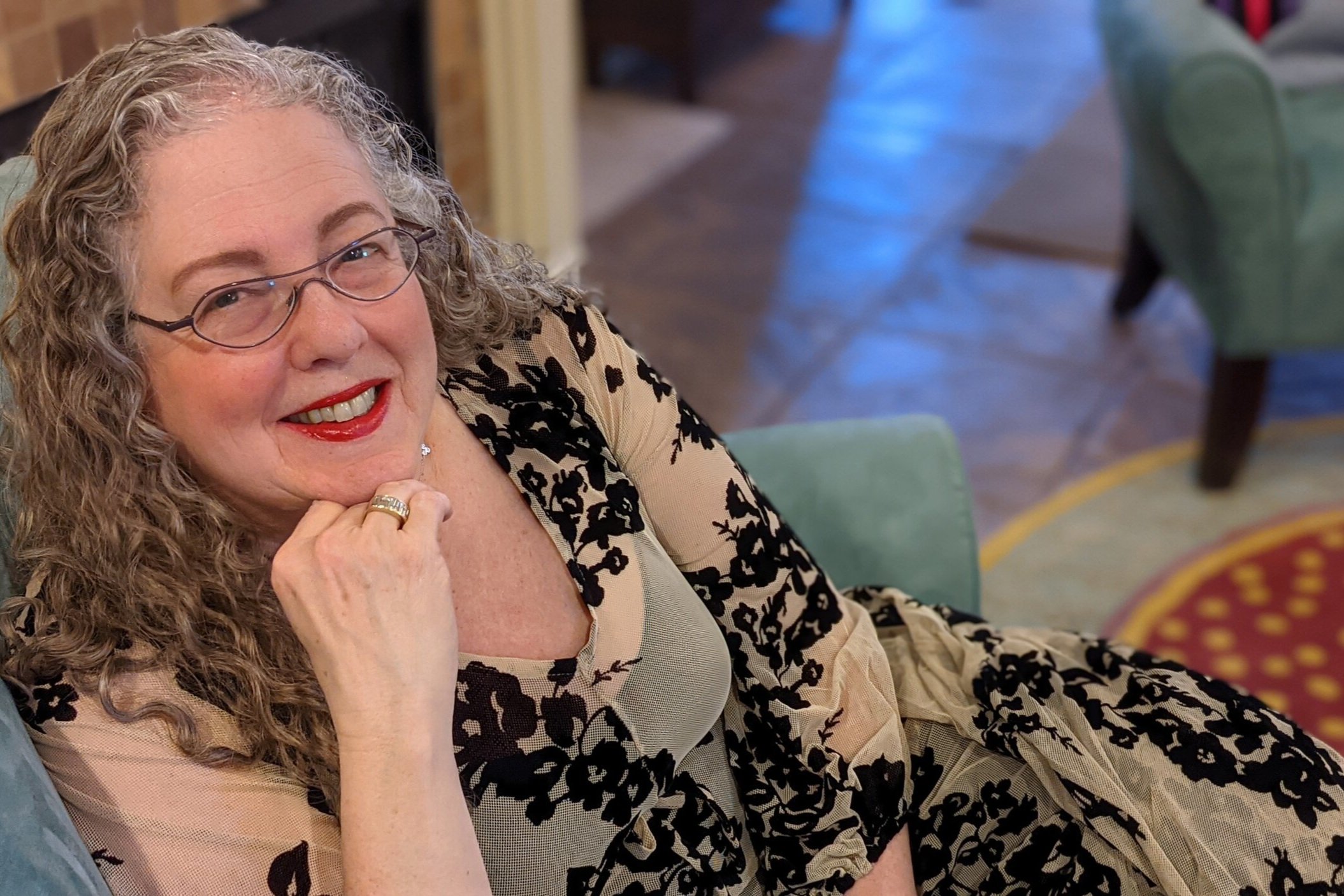Certified Neuro-Transformational™ Coach
Are you drawing on neuroscience to develop your leadership?
Our understanding of the brain:
It used to be taught that we were thinking beings that had emotions. We now know that we are emotional beings that think. We construct emotions at every moment in a whole body process. We also believed that our brain was primarily designed for thinking. However, the brain has primarily been designed to keep us safe, which greatly impacts how we make predictions and decisions.
Learn more about the ways we can redesign our neuropathways to experience new ways of looking at the future, the present, our relationships, and our judgements. Clients are benefiting tremendously from this understanding not only in their work but in their personal lives.
Explore science-based leadership development with Executive Coach Sherri.
Learn more about individual one-on-one coaching sessions:
Learn more about the Lead for Good program:
Thinking, emotions, feelings, belief systems and behaviors are constructed by us and can be changed for the better.
This is great news! What neuroscience is teaching us about the brain can enhance and improve leadership. The brain can form new neural pathways and connections that change the way circuits in the brain are wired (neuroplasticity).
My executive coaching practice centers on working with leaders in focused, brain-healthy ways as a Certified Neuro-Transformational™ Coach in addition to my Master Coaching Certification (MCC). Through increased consciousness, awareness and practice, leaders are increasing the performance and joy of their teams.
As a leader, you set the standard for continuous learning and growth through your own development. You are in charge of the energy you manifest, the spirit of your people, the culture, and the lived values of your organization.
As you move your business forward, you have the opportunity (and responsibility) to design some of the most important work of your leadership journey, from increasing your conscious leadership and acquiring new leadership competencies to caring for people in ways that may have been invisible before.
Learn more below:
-

Master Certified Coach
-

Certified NYS Women Owned Business
-
Executive Coaching
